Turning Organic Waste into Climate-Smart Inputs for Smallholder Farmers
How RAQCCOL is Transforming Agriculture Through Circular Waste Solutions in Uganda
- Sector: Climate and Agriculture
- Sub Sector: Circularity
- Geography: East Africa
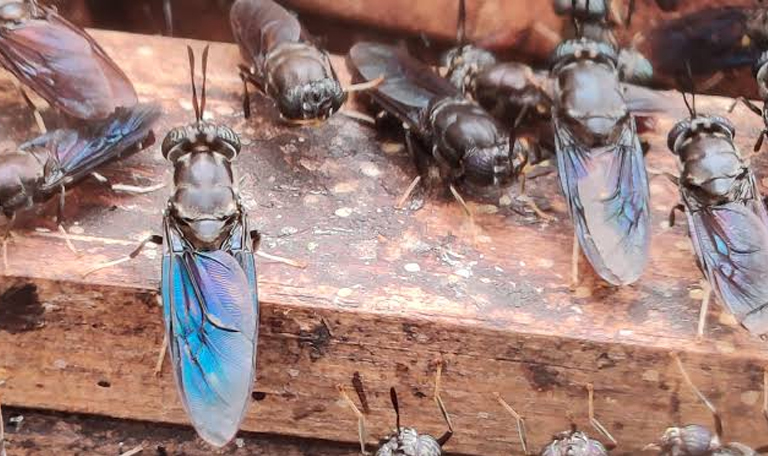
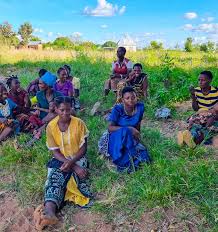
The Problem: Waste Accumulation and Unsustainable Farming Inputs
Uganda generates thousands of tons of organic waste annually, much of which ends up in landfills, contributing to methane emissions and environmental degradation. At the same time, smallholder farmers rely heavily on synthetic fertilizers and imported livestock feed, which are costly and harmful to soil health.
Women, who make up a significant portion of Uganda’s agricultural workforce, are disproportionately affected by these challenges due to limited access to inputs and markets.
The Innovation: Circular Agribusiness with BSF Technology
RAQCCOL’s model integrates:
- Organic waste collection from markets and farms
- BSF larvae cultivation to produce high-protein livestock feed
- Composting and biofertilizer production for soil regeneration
- Women-led distribution networks to reach underserved farming communities
This closed-loop system not only reduces emissions but also provides affordable, locally produced inputs that improve farm productivity.
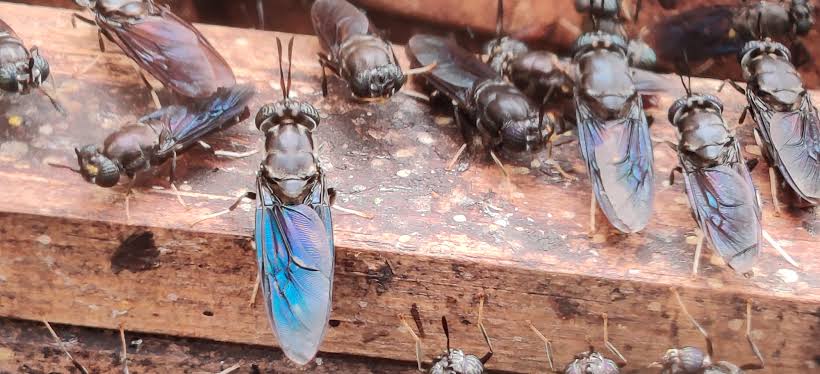
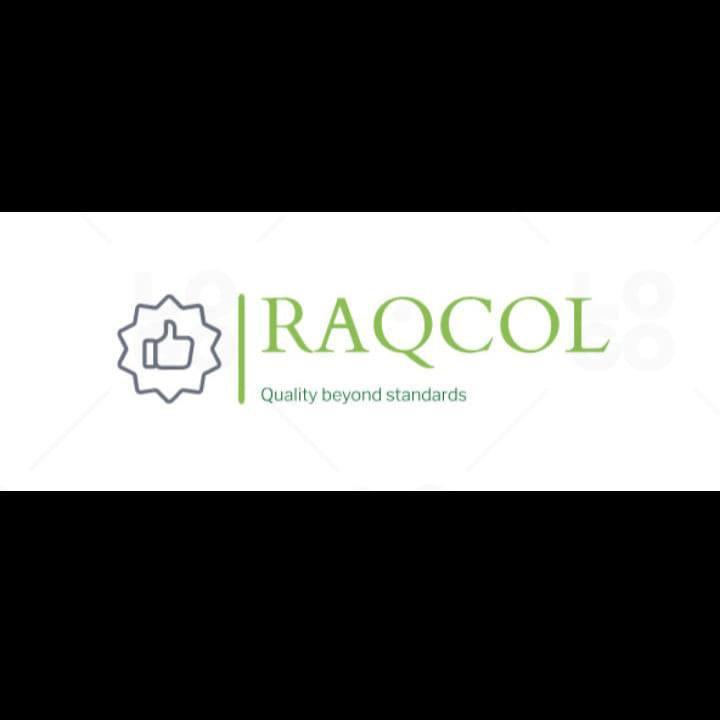
The Impact: Climate and Gender Benefits at Scale
- Diverts 14,000 MT of waste annually , preventing 526,914 MT CO₂e
- 50% of RAQCCOL’s workforce are women
- 300+ women farmers using RAQCCOL inputs
- Women farmers report 30% revenue increase
- RAQCCOL’s fertilizers reduce GHG emissions by 94% compared to synthetic alternatives
- Secured USD 100K in funding to expand operations
RAQCCOL’s products are now used by farmers across Uganda, improving yields while restoring soil health and reducing environmental impact.
Support from the ‘GLOW’ Programme
By being a part of the IDRC supported ‘GLOW’ (Gender equality in a low carbon world) programme, RAQCCOL received strategic support from Intellecap to:
- Develop a Gender Action Plan focused on women’s participation in waste collection, production, and distribution
- Train women farmers and distributors in product use and business development
- Build partnerships with local governments and cooperatives
- Access funding and technical assistance to scale operations
RAQCCOL’s gender-inclusive model is now being replicated in other regions, with plans to expand across East Africa.
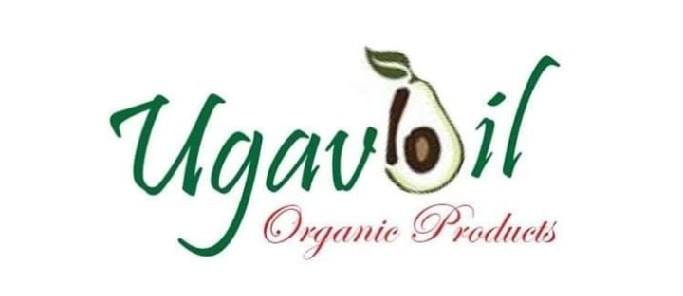

Looking Ahead: Growing a Greener Future
RAQCCOL aims to:
- Scale its BSF production to serve 10,000+ farmers
- Launch mobile waste collection units for rural areas
- Expand its women-led distribution network
- Pilot new composting technologies for enhanced soil regeneration
By turning waste into opportunity, RAQCCOL is not just cleaning up Uganda’s environment—it’s cultivating a more equitable and sustainable agricultural future.




